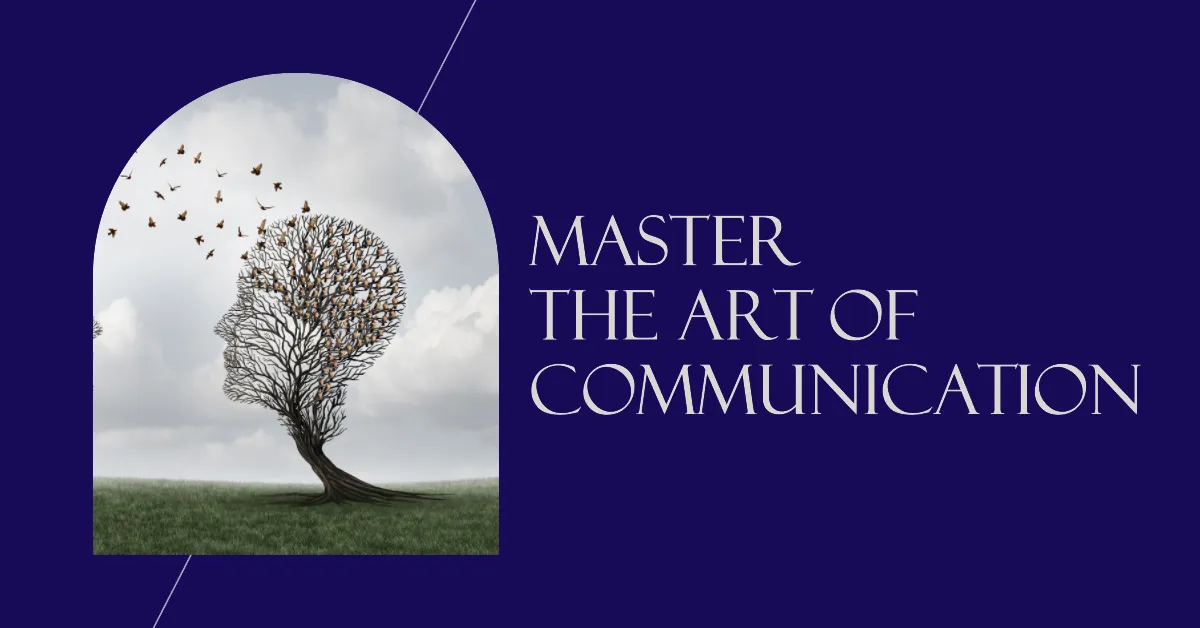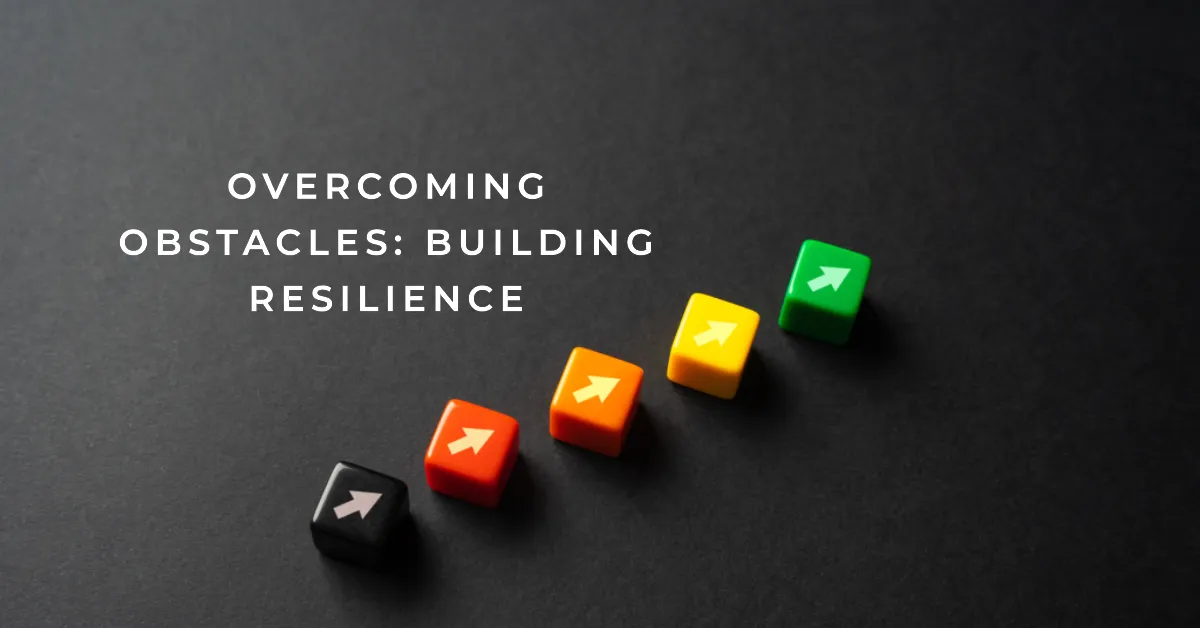Do you feel like you’re stuck in a rut, unable to reach your full potential? Are you tired of settling for mediocrity when you know deep down that you’re capable of so much more? It’s time to break free from the chains that are holding you back and unleash your true potential. And the key to unlocking your greatness lies in life coaching activities.
Life coaching is all about empowering individuals to live their best lives by providing them with the tools and techniques they need to achieve their goals. Whether it’s improving your performance at work, enhancing your personal relationships, or simply finding greater fulfillment in life, life coaching can help you get there faster and with less stress. So if you’re ready to take control of your destiny and start living up to your full potential, buckle up and get ready for some life-changing tips and strategies that will transform the way you approach every aspect of your life!
Key Takeaways
- Goal setting is crucial for success, and sharing goals with someone else increases accountability and support.
- Self-reflection through journaling, mindfulness, and feedback promotes personal growth and awareness.
- Developing positive habits involves small changes and specific, measurable goals, and takes time and patience.
- Improving communication skills, including active listening, assertiveness training, and nonverbal communication, is essential for success in personal and professional relationships.
Set Goals and Create a Plan
Setting goals and creating a plan is essential for achieving success, but it’s important to remember that the journey toward accomplishing these goals may not always go as expected. It’s crucial to set realistic goals that align with your values and beliefs. When setting your goal, you must also identify what steps are necessary to reach those objectives.
Creating a plan involves breaking down larger goals into smaller, more manageable tasks. This can help reduce feelings of being overwhelmed and increase motivation by allowing you to focus on one task at a time. Prioritizing tasks based on their level of importance will also help ensure that you’re making progress toward your overall goal.
To increase accountability, consider sharing your goals with someone else who can offer support and encouragement throughout the process. This could be a friend, family member, or even a life coach who can keep you on track while providing guidance when needed.
Remember, setting goals and creating a plan is just the beginning of the journey toward improved performance. It takes discipline, perseverance, and self-reflection to achieve success. Celebrate small wins along the way and don’t be afraid to adjust your strategy if necessary. With dedication and hard work, you’ll be well on your way toward achieving your dreams!
Practice Self-Reflection
Reflecting on your actions and thoughts can lead to greater self-awareness and personal growth. To put it simply, you have to know yourself before you can improve yourself. Practicing self-reflection is a powerful life coaching activity that allows you to examine your thoughts, feelings, and behaviors. By taking the time to reflect on your experiences, you become more aware of what drives your decisions and how they impact your performance.
Here are three ways to incorporate self-reflection into your daily routine:
- Keep a journal: Writing down your thoughts is an effective way to gain insight into your inner workings. Take some time each day to jot down what’s been on your mind or any significant events that have occurred. This practice allows you to track patterns in behavior or thought processes over time.
- Practice mindfulness: Mindfulness meditation involves focusing on the present moment without judging or analyzing. When practicing mindfulness, try not to get caught up in judgments about whether something is good or bad; instead, simply observe it without reacting. This practice helps increase emotional intelligence by allowing you to identify when emotions arise and how they influence behavior.
- Seek feedback: Seeking feedback from others can be intimidating but is an excellent way to gain insight into areas for improvement. Be open-minded when receiving feedback and try not to take it personally. Instead, use it as an opportunity for growth and development.
Incorporating self-reflection into your daily routine is an essential life coaching activity that promotes personal growth and awareness of oneself. By keeping a journal, practicing mindfulness meditation, or seeking feedback from others, you can gain insights into patterns of thought and behavior that may be hindering performance or limiting potential freedom in life. Remember always; reflection leads us toward awareness which ultimately leads us toward freedom in our lives!
Develop Positive Habits
To develop positive habits, you should focus on incorporating small changes into your daily routine that will lead to long-term success. Habits are formed by consistently repeating actions over time, so it’s important to start with manageable tasks. For example, if you want to exercise more regularly, start by taking a 10-minute walk each day instead of trying to commit to an hour-long gym session.
Another way to develop positive habits is by setting goals for yourself. Having a clear idea of what you want to achieve can help motivate you to take action and stick with it. Make sure your goals are specific and measurable so that you can track your progress along the way.
When developing positive habits, it’s also important to surround yourself with positivity. This means spending time with people who support and encourage your efforts, as well as removing any negative influences from your life. Additionally, practicing gratitude and mindfulness can help shift your mindset toward positivity.
Remember that developing positive habits takes time and patience. Don’t get discouraged if you slip up or have setbacks along the way – just keep moving forward and focusing on the end goal. With dedication and consistency, you’ll be able to create lasting positive changes in your life.
Improve Communication Skills

Improving your communication skills is essential for success in both personal and professional relationships. Active listening techniques involve focusing on the speaker, asking clarifying questions, and paraphrasing to ensure understanding. Assertiveness training teaches you how to express your needs effectively without being aggressive or passive. Nonverbal communication, such as body language and tone of voice, can also greatly impact the message you convey. By developing these skills, you can improve your ability to connect with others and achieve your goals.
Active Listening Techniques
Hey, you might wanna try actually listening to people instead of just nodding along and waiting for your turn to talk. It could do wonders for your relationships and communication skills. Active listening techniques are a great way to improve your ability to listen and engage with others in conversation. Not only will it help you understand the other person’s perspective, but it will also show them that you value their thoughts and opinions.
To get started on active listening, try using the following techniques:
| Technique | Description | Example |
|---|---|---|
| Paraphrasing | Restate what the speaker said in your own words | “So what I’m hearing is that you’re feeling overwhelmed with work.” |
| Clarifying | Ask questions to make sure you understand what was said | “Can you tell me more about what happened at the meeting?” |
| Summarizing | Recount the main points of the conversation back to the speaker | “From what I understand, we need to focus on improving our productivity.” |
| Reflecting Feelings | Acknowledge and validate how someone feels about a situation | “It sounds like that experience made you feel frustrated.” |
By incorporating these techniques into your conversations, you’ll become a better listener and be able to communicate more effectively with others. Remember, communication is key when building relationships and achieving success in both personal and professional settings. So why not take some time today to practice active listening? You never know where it might lead!
Assertiveness Training
Now that you’ve learned about active listening techniques, it’s time to move on to assertiveness training. Being assertive means knowing how to express your needs and wants in a clear and confident way, without being aggressive or passive. It’s an important skill for improving your performance in all areas of life – from your personal relationships to your career.
Assertiveness training involves learning how to communicate effectively, set boundaries, and handle conflict in a constructive way. You’ll learn how to say “no” without feeling guilty, give feedback without offending others, and stand up for yourself in difficult situations. Through practicing assertiveness exercises, you’ll develop greater self-awareness, confidence, and resilience – all of which will help you achieve your goals with more ease and clarity. So if you’re ready to take charge of your life and become the best version of yourself, it’s time to start exploring the world of assertiveness training!
Nonverbal Communication
Nonverbal communication is crucial for conveying your message effectively, so it’s important to be aware of your body language and facial expressions.
Here are three ways you can improve your nonverbal communication skills:
- Maintain eye contact: When you’re speaking with someone, make sure to maintain eye contact. This shows that you’re engaged in the conversation and interested in what they have to say.
- Use open body language: Avoid crossing your arms or legs as this can come across as defensive or closed off. Instead, use open body language by keeping your arms uncrossed and standing or sitting up straight.
- Mirror the other person’s body language: People tend to feel more comfortable around others who mimic their body language, so try mirroring the other person’s posture and gestures when appropriate.
Improving your nonverbal communication skills can help you convey confidence, build rapport with others, and ultimately lead to improved performance in all areas of life. So start practicing today!
Build Resilience and Overcome Obstacles

You want to build resilience and overcome obstacles in your life. To do this, you need to develop a growth mindset. This means that you believe that your abilities can be developed through hard work and dedication. You also need to learn from failure, setbacks, and challenges in order to grow stronger and more resilient.
Develop a Growth Mindset
Developing a growth mindset will help you overcome setbacks and reach your full potential. This involves changing the way you perceive challenges, failures, and success. A growth mindset is all about believing that you can improve your skills and abilities through hard work, perseverance, and learning from your mistakes.
To develop a growth mindset, start by embracing challenges as opportunities for learning and growth. Stop seeing failure as a reflection of your worth or ability but rather as an essential step toward success. Focus on the process of learning rather than just the outcome and seek constructive feedback to identify areas for improvement. Finally, keep expanding your knowledge and skills by taking risks, trying new things, and exploring different perspectives. With time and practice, developing a growth mindset will become second nature to you, allowing you to achieve more significant personal and professional success than ever before!
Learn from Failure
By recognizing that failure is an opportunity for growth, you’ll be able to learn valuable lessons and improve your chances of success in the future. When you experience failure, it’s natural to feel discouraged or defeated. However, this is the perfect time to reflect on what went wrong and how you can do better next time.
Take a step back and analyze what led to the failure. Did you lack the necessary skills or knowledge? Did you not prepare enough? Once you identify specific areas for improvement, make a plan to address them. By doing so, you’re turning a negative experience into a positive one by learning from it and becoming better equipped for future challenges. Embracing failure as an opportunity for growth will allow you to approach tasks with more confidence knowing that even if things don’t go perfectly, there are still valuable lessons to be learned along the way.
Remember that every successful person has experienced failure at some point in their life. It’s how they chose to respond and learn from those failures that set them apart. Don’t let fear of failure hold you back from pursuing your goals and dreams. Instead, use it as fuel for growth and improvement toward achieving the success you desire.
Setbacks and Challenges
Now that you have taken the time to analyze and understand what went wrong, it’s time to move forward and face any setbacks or challenges that may come your way. As a coach, I understand that obstacles are a normal part of life, but it’s how we respond to them that makes all the difference.
To help you navigate these setbacks and challenges, I suggest utilizing the following table as a guide:
| Setback/Challenge | Action Steps |
|---|---|
| Lack of motivation | Identify the root cause and find ways to reignite your passion. This could include setting new goals or finding an accountability partner. |
| Fear of failure | Reframe your mindset by focusing on progress rather than perfection. Practice self-compassion and remind yourself that mistakes are opportunities for growth. |
| Time management issues | Evaluate your priorities and schedule accordingly. Consider delegating tasks or using tools such as time-blocking or Pomodoro technique to increase productivity. |
Remember, setbacks are not permanent roadblocks; they are simply detours on the journey toward success. By staying resilient and taking action steps toward overcoming challenges, you will ultimately improve your performance in all areas of life.
Continuously Evaluate Your Progress
Always keep an eye on how you’re doing to stay on track and make progress toward your goals. Continuous evaluation of your progress is essential in helping you identify what’s working and what’s not, so you can adjust accordingly.
Here are three things to keep in mind while evaluating your progress:
- Be objective: Don’t let emotions cloud your judgment when assessing how far you’ve come. Take a step back and evaluate your progress with a clear mind.
- Celebrate small wins: Don’t wait until the end goal to celebrate success; take time to acknowledge and appreciate the small milestones along the way. It could be something as simple as completing a task that you’ve been procrastinating for weeks.
- Identify areas for improvement: Be honest with yourself about where you need to improve and create actionable steps toward achieving growth. Remember, setbacks are opportunities for growth, not failures.
Continuous evaluation of your progress will help you stay motivated and focused on achieving your goals. It allows you to see where changes need to be made, which ultimately leads to improved performance. So don’t forget to take time regularly to assess how far you’ve come, celebrate small victories, and identify areas for improvement – it’s all part of the journey toward personal growth and success!




